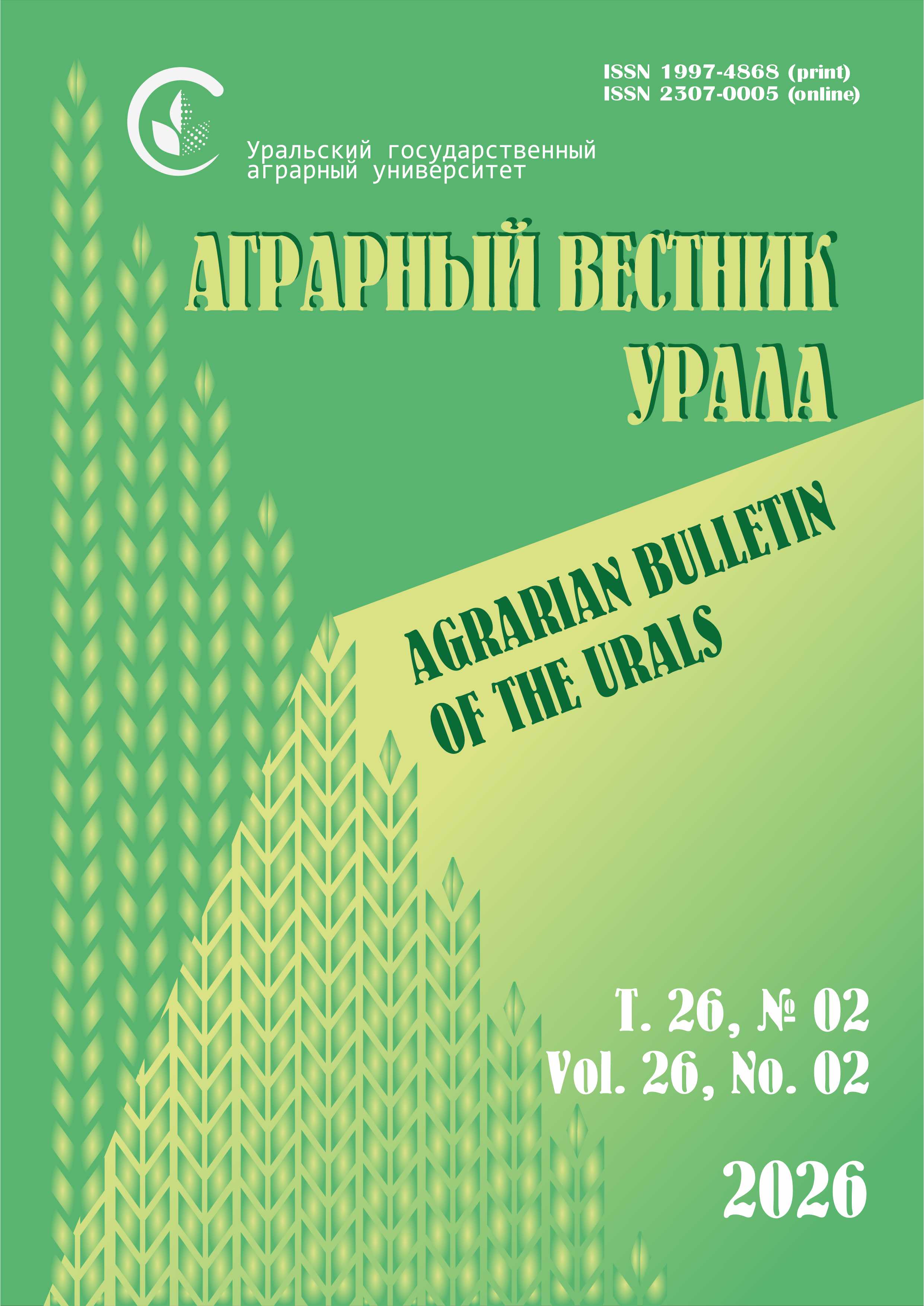M. A. Pazin, A. V. Pyanykh
Kuzbass State Agrarian University named after V. N. Poletskov, Kemerovo, Russia
E-mail: This email address is being protected from spambots. You need JavaScript enabled to view it.
Volume 25 No. 6
Date of paper submission: 15.01.2025, date of review: 04.03.2025, date of acceptance: 03.04.2025.
Published: 06/30/2025
Abstract. The purpose of the study is to assess the chemicals used in rapeseed crops and the harm they cause to mammals, bees and entomophages, as well as to provide examples of the effective use of biological measures to combat rapeseed pests. Methods. When writing the review article, we used one of the main methods - a systematic literature review, which included a search, selection and analysis of all available works in order to obtain the most complete understanding of the stated problems and topics. We also used meta-analysis. Scientific novelty. To protect against harmful objects, farmers are forced to use a wide range of chemical pesticides almost throughout the entire vegetation period of rape. Therefore, the use of biological pesticides in agriculture is becoming increasingly relevant. The article considers the results of many years of research by Russian and foreign scientists on the negative effects of using rapeseed pesticides and the search for an alternative to chemical insecticides. Results. A small part of the research on the effects of insecticides used on rapeseed on the human body and the environment as a whole is given, which makes us think about an alternative way to combat the reduction of harmful insects. The biological effectiveness of bioinsecticides in the treatment of rapeseed crops against the rape blossom beetle, cabbage aphid and moth has been proven. There are many plants in nature that can be used as raw materials for biopesticides. Their use stimulates plant development and helps attract bees. Binary and marginal crops of rapeseed with essential oil plants-repellents have shown their effectiveness against harmful objects with an increase in the share of beneficial insects in the agrocenosis.
Keywords: spring rape, rape pests, insecticides, essential oil repellent plants, biopesticides
For citation: Pazin M. A., Pyanykh A. V. Protection of rapeseed from pests: “Chemistry” or “Biology”. Agrarian Bulletin of the Urals. 2025; 25 (06): 873‒886. https://doi.org/10.32417/1997-4868-2025-25-06-873-886 (In Russ.)
Download the full text of the article












